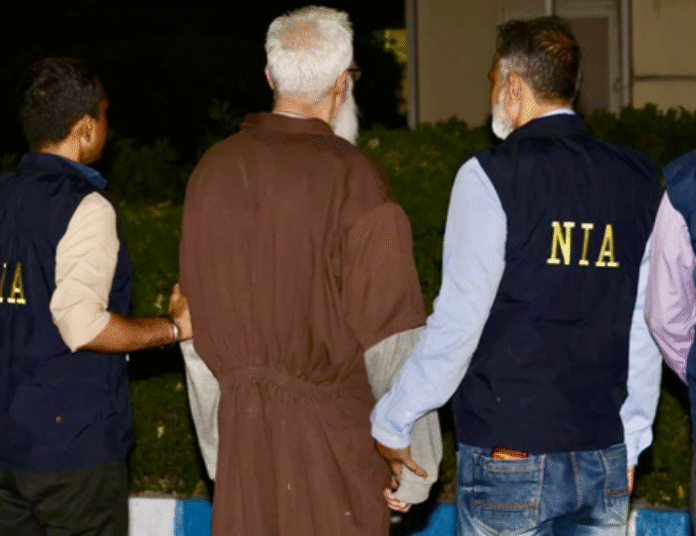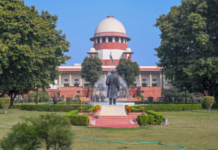New Delhi– Pakistani-Canadian national Tahawwur Rana, an accused in the 2008 Mumbai terror attacks, has filed a petition in a Special National Investigation Agency (NIA) court seeking permission to speak with his family over the phone from jail.
The Special NIA Court is expected to hear his request on Wednesday.
In his petition, Rana argued that communication with his family was necessary as they are likely concerned about his well-being. However, this is not his first attempt—on April 24, the court denied a similar request after the NIA opposed it, expressing concerns that Rana might share sensitive or case-related information during the calls.
Rana, a former officer in the Pakistan Army Medical Corps, was recently extradited from the United States to face trial in India for his alleged involvement in the November 26, 2008, Mumbai terror attacks, which killed 166 people and injured hundreds more.
On May 9, the court sent Rana to judicial custody until June 6, pausing his custodial interrogation. Earlier, on May 3, NIA investigators collected Rana’s voice and handwriting samples in the presence of the judge. These are intended to be matched with intercepted telephonic conversations between Rana and David Coleman Headley, a co-accused in the case.
Investigators suspect Rana provided Headley with handwritten notes, including instructions, maps, and coordinates used in the planning of the 26/11 attacks. During his remand, Rana was also questioned by Mumbai Police officials. He has denied any role in the attacks, claiming that Headley—his childhood friend—was solely responsible for reconnaissance and planning.
Headley, currently imprisoned in the U.S., had earlier turned approver in the case. He admitted to conducting surveillance missions in various Indian cities, including Mumbai, on behalf of the Pakistan-based terror group Lashkar-e-Taiba.
Rana told investigators that he also visited Kerala during his time in India, but insisted the trip was unrelated to any terror activity, stating he was there to meet a known acquaintance, whose details he provided to the agency. (Source: IANS)














